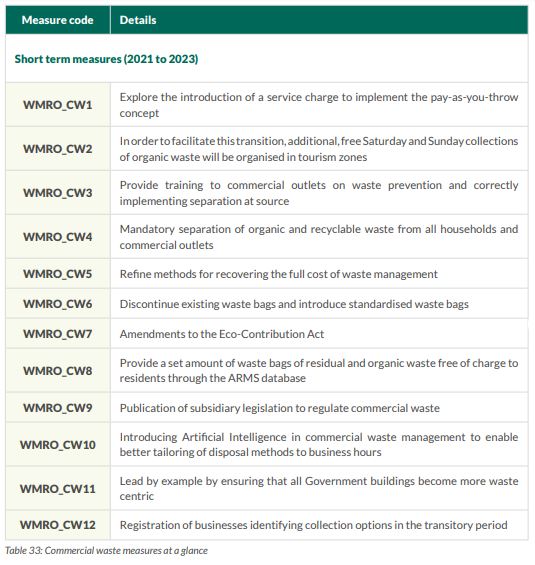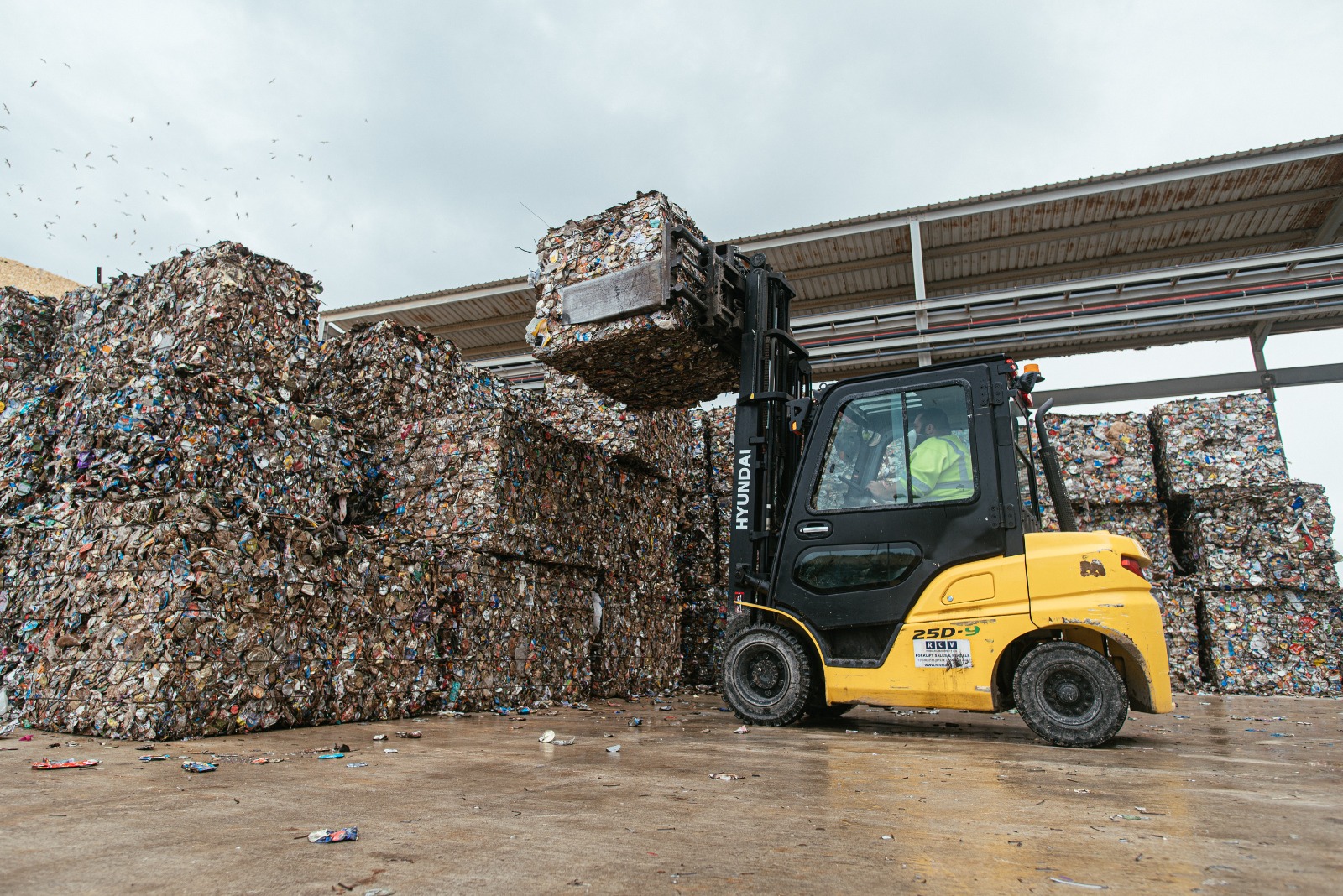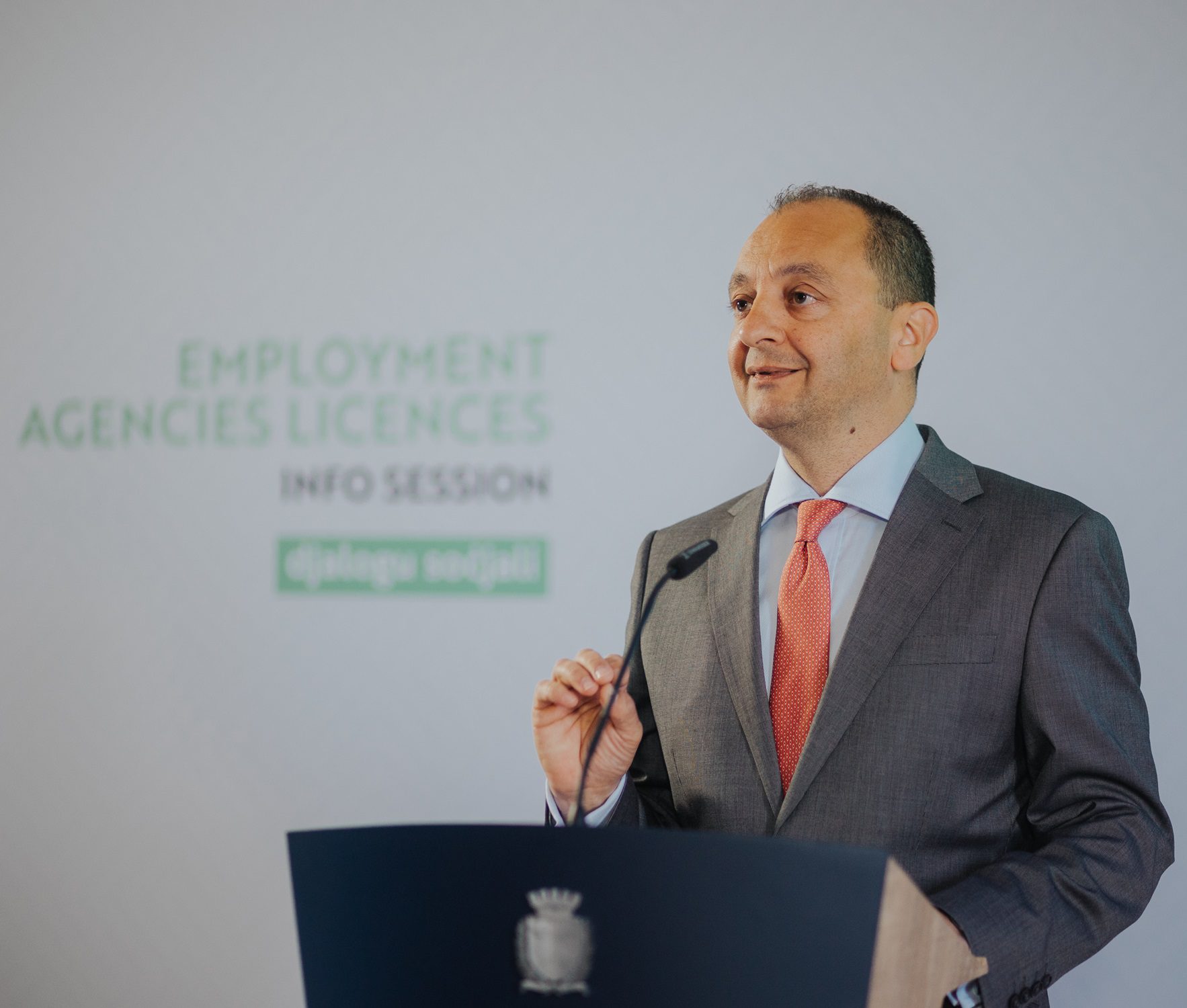Waste has long been a problem for Malta, with successive governments failing to bring the country up to its targets for reduction and recycling. The latest strategy to overcome the long-standing issue envisions a years-long process to effectively factor waste generation into companies’ costs.
This article explains how.
Although waste is often considered an “externality” – a consequence of an industrial or commercial activity which affects other parties without being reflected in market prices – the Long Term Waste Management Plan (LTWMP) proposes measures that will make producers and generators of waste fork out money to reflect the costs of dealing with their waste.
Although previously existing waste regulations already ascribed the duty of care of waste to its producers and holders, there were no specific regulatory obligations on owners or operators of commercial establishments to separate such waste at source, nor to manage the waste they generate.
The sole exemption applied to catering establishments and for hotels and licensed tourism accommodation facilities, which were specifically obliged by their permit to engage a third-party contractor to collect their waste. However, these provisions did not include a mandate to separate this waste at source, while enforcement remained weak.
Currently, waste is collected by Local Councils, but a lacuna in legislation means that although the service is intended for household, they are also legally obliged to collect all refuse. This results in many commercial establishments free-riding on the system, with public funds subsidising private operational costs – although some large establishments do abide by the legislation, creating a distorted playing field.
The plan’s vision to effectively handle the waste generated by businesses rests on two main pillars: the Extended Producer Responsibility (EPR) principle and the Pay-As-You-Throw (PAYT) principle.
Extended Producer Responsibility
EPR is an environmental policy approach whereby producers bear the financial and/or organisational responsibility for the end-of-life stage of the products they place on the market. It aims to encourage the development, production and marketing of products which are easily re-usable, contain recycled materials, and are durable as well as repairable, and may include an acceptance of returned products and of the waste that remains after those products have been used.
The Beverage Container Refund Scheme (BCRS) for metal, glass and plastic beverage containers is one model of EPR system, aiming to make both producers and consumers responsible for their packaging waste by creating a privately funded infrastructure for the collection of empty beverages containers.
However, the scheme has been plagued with delays, being postponed from the beginning of 2020 to 1st April 2022. Signs indicate that the roll-out is unlikely to begin by this date.
The scheme aims to not only increase the separate collection of high-quality material for recycling but will also increase national efforts to reach recycling targets and reduce littering.
Over the years, similar measures will be introduced for packaging, electronic equipment, batteries, vehicles, tyres, fishing gear, textiles and waste oils.
Pay-As-You-Throw
Current efforts to encourage voluntary separation of waste by businesses will be beefed up by floating the notion of a PAYT system, providing free collection of organic waste on weekends in tourism zones, and providing training on correct separation for businesses.
This year (2022), mandatory separation of organic and recyclable waste should be enforced, though there is as yet no information on when this might come into effect. This will be coupled with stricter enforcement.

Finally, the third phase of the process, due to begin in 2023, a overhaul of the payment system for waste disposal will be effected, with new organic and mixed refuse bags introduced. The cost of these will include a new eco-tax equivalent to cover the collection and treatment costs of their contents.
Subsequently, the system of black garbage bags available for purchase at retail outlets, like supermarkets, without any extra costs attached to factor in the treatment of garbage, would be discontinued.
The inclusion of a service charge on waste bags will implement the PAYT principle through unit-based pricing – effectively meaning that the cost of purchasing garbage, recycling and organic bags is set to increase.
Rates for residual and organic waste will be different, to incentivise the minimisation of waste and the separation of waste generated.
Further steps include the introduction of Artificial Intelligence in commercial waste management and ensuring that all Government buildings become more waste centric.
Malta faces an uphill climb to reaching its waste targets, and businesses will need to implement significant changes to their operations to meet Government and social expectations. However, in the long term, it will Malta as a whole that benefits – from businesses that no longer need to cope with a mountain of waste right by their doorstep, to the tourists who will see a cleaner destination.
Featured Image:
WasteServ – Daryl Cauchi
ICT sector makes up 10.3% of Malta’s economy, most in EU
Malta was also in the top spots for value added from ICT services and ICT manufacturing
Building and Construction Authority CEO resigns days after fatal construction incident
Jesmond Muscat quits after less than two years in the role
Government launches portal for temping agencies to apply for a licence, following regulations
New regulations, aimed at regulating the sector and diminishing abuse, came into force on 1st April






